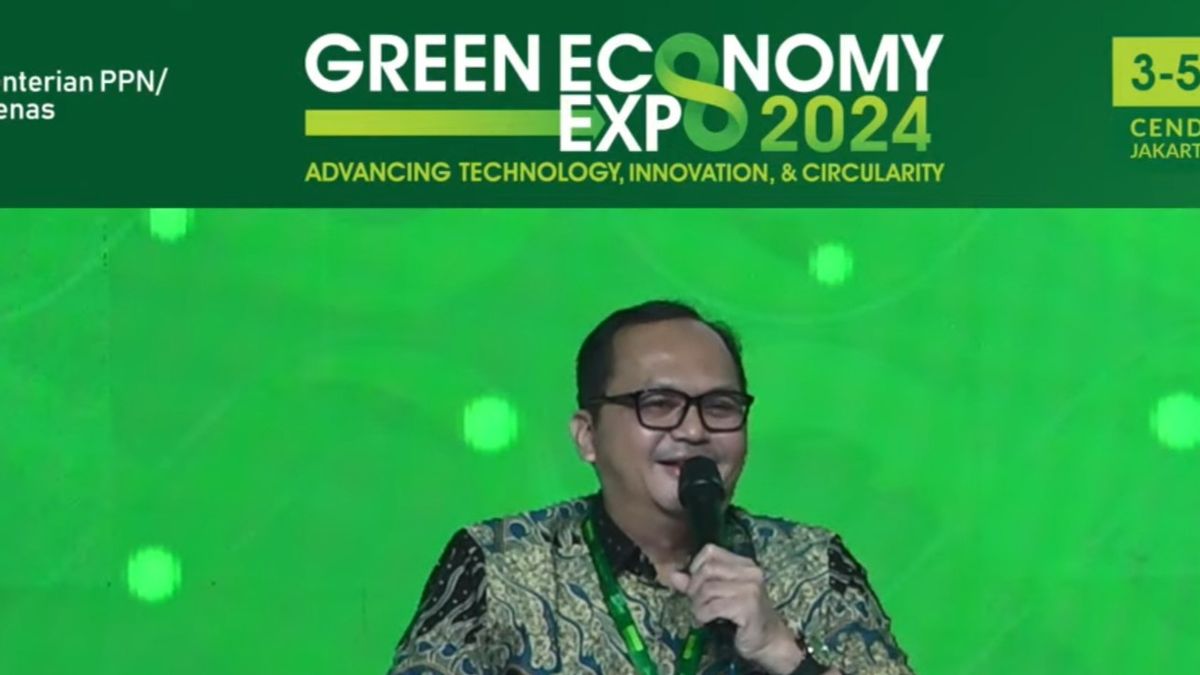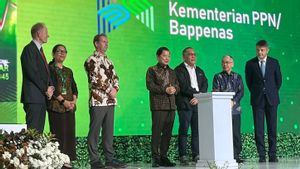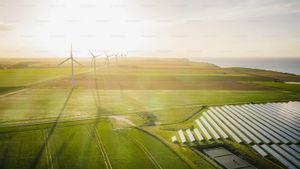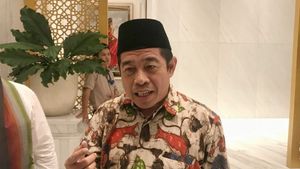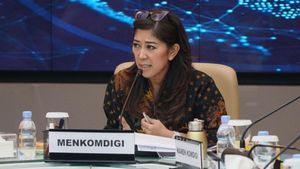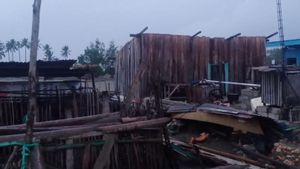JAKARTA - The Ministry of Industry (Kemenperin) said that the development of the green industry in Indonesia is still a joint homework (PR) until now. This is because the development of the green industry cannot be separated from four things, namely from processes, raw materials, energy to waste.
"So, what is called industry is definitely inseparable from processes, raw materials, energy and waste. Well, that may also be our homework. The three factors are homework from our commitment to the Paris Agreement in 2015," said Head of the Standardization and Industrial Services Policy Agency (BSKJI) of the Ministry of Industry Andi Rizaldi at the Green Economy Expo 2024: Advancing Technology, Innovation and Circulation at the Jakarta Convention Center (JCC), Central Jakarta, monitored online on Thursday, July 4.
Andi said that currently the government has an obligation to reduce emissions nationally by up to 32 percent without assistance and with assistance of 43 percent.
"Regarding industry, there are mainly three sectors. The first is energy, waste, then industrial processes and production use," he said.
Meanwhile, based on Government Regulation (PP) Number 14 of 2015 concerning the National Industrial Development Master Plan (RIPIN), it has been mandated that every industry must make efficiency from resources.
"So, from the raw materials it is sought which is indeed efficient, because the principle is for the industry or business actors, right, profit. So, the more efficient the raw materials are, the bigger the profit," said Andi.
However, said Andi, you must also pay attention in terms of environmental function factors. "So, the raw materials may now be sought which are more environmentally friendly and the waste is less. Less waste will also return to profit. Then, don't forget to also related to Corporate Social Responsibility (CSR)," he said.
SEE ALSO:
He admitted, there is one textile or garment company that has recycled the waste generated. According to Andi, the company does not only recycle textile waste, but also in the pallets used for packaging.
"So, we once came to a textile or garment company, it turns out that from the pallets used for packaging they also recycled and even became a handicraft that had export value and indeed everything was exported," explained Andi.
"It turns out, the added value is extraordinary. Even though it is only made of textile waste and waste from pallets," he added.
According to Andi, the textile company can be an example for others so that the development of the green industry in Indonesia can really be implemented. "Well, this is what we encourage in carrying out the mandate of RIPIN," he added.
The English, Chinese, Japanese, Arabic, and French versions are automatically generated by the AI. So there may still be inaccuracies in translating, please always see Indonesian as our main language. (system supported by DigitalSiber.id)
